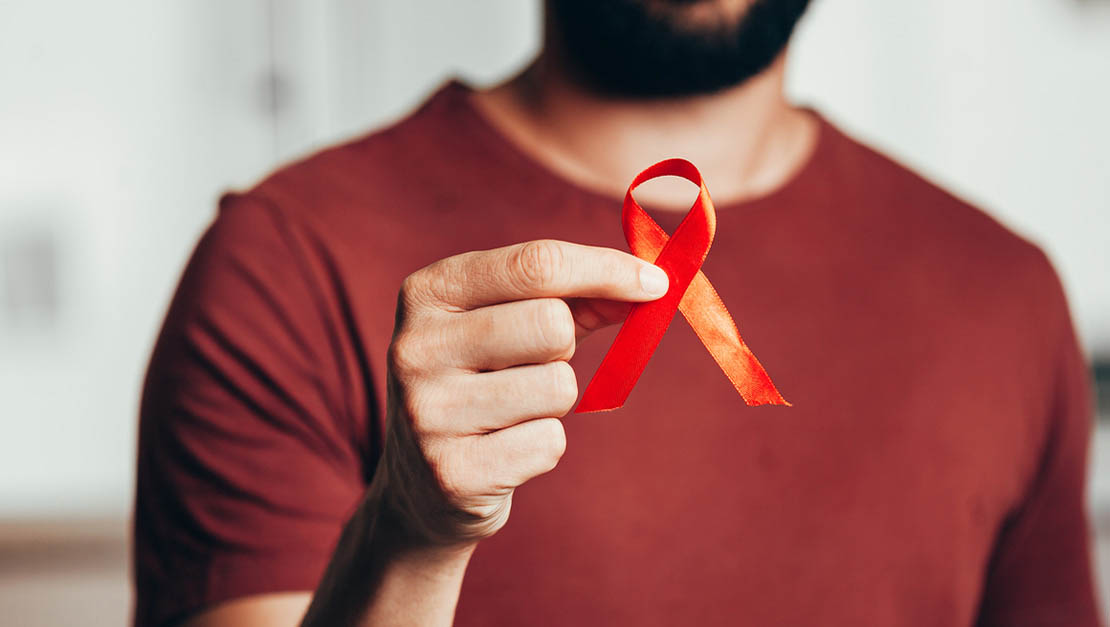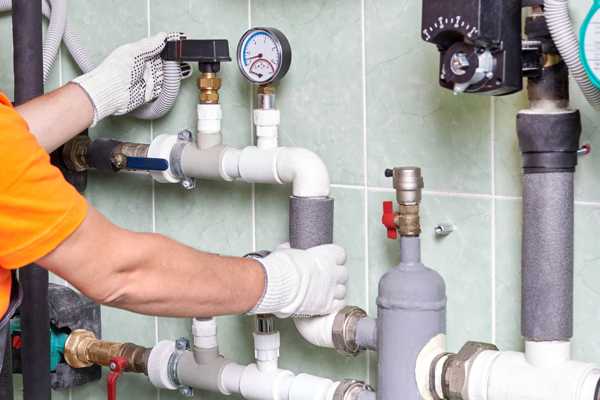Have you considered how HIV might manifest differently in older adults compared to younger individuals? As the body ages, the immune system naturally declines, which can obscure the signs of infections like HIV. This makes it crucial to identify the less apparent symptoms and understand the available treatment options to ensure timely intervention and better health outcomes.

Subtle HIV Symptoms in Older Adults
1. Unexplained Weight Loss – While some weight fluctuation is normal with aging, significant and unintentional weight loss without changes in diet or activity levels could signal HIV-related complications or other serious health concerns.
2. Persistent Fatigue – Chronic exhaustion that doesn’t improve with rest may be an early indicator of HIV. Unfortunately, this symptom is often dismissed as a normal part of aging or attributed to other common conditions in older adults.
3. Frequent Infections – Recurring illnesses, such as respiratory infections, urinary tract infections, or persistent colds, may suggest a compromised immune system due to HIV. Since older adults are already more susceptible to infections, this symptom can easily be overlooked.
4. Cognitive Decline – Memory lapses, confusion, or difficulty concentrating might be mistaken for age-related cognitive changes. However, these could also point to HIV-associated neurocognitive disorders (HAND), including dementia, which requires medical evaluation.
5. Unusual Skin Changes – Persistent rashes, sores that heal slowly, or unusual skin lesions may be linked to HIV. These symptoms are sometimes misdiagnosed as common dermatological issues in older individuals.
6. Prolonged Fever or Night Sweats – Persistent low-grade fevers or excessive night sweats without an obvious cause could indicate HIV. These symptoms are often attributed to other infections or hormonal changes, delaying proper diagnosis.
Effective Treatment Strategies for Older Adults with HIV
1. Antiretroviral Therapy (ART) – ART remains the most effective treatment for managing HIV, helping suppress the virus to undetectable levels. This not only improves overall health but also minimizes the risk of transmission to others.
2. Regular Health Monitoring – Older adults on ART need consistent medical follow-ups to track viral load, immune function, and potential side effects. Adjustments to treatment plans may be necessary to ensure optimal effectiveness.
3. Comprehensive Supportive Care – Managing HIV in older adults often involves a team-based approach, including nutritional guidance, mental health counseling, and treatment for coexisting chronic conditions like diabetes or hypertension.
4. Vaccination Updates – Since HIV weakens the immune system, staying current with vaccinations—such as those for influenza, pneumonia, and hepatitis—is essential to prevent additional infections.
5. Medication Adherence Support – Older adults may face challenges in sticking to their HIV medication regimen due to memory issues or multiple prescriptions. Solutions like pill organizers, mobile reminders, or caregiver assistance can improve adherence.
6. Lifestyle Modifications – Maintaining a balanced diet, engaging in moderate exercise, and avoiding smoking or excessive alcohol can enhance immune function and overall well-being for those living with HIV.
The Importance of Early Detection and Intervention
Recognizing these subtle HIV symptoms in older adults is vital for early diagnosis and effective management. If you or a loved one experiences any of these signs, seeking medical advice promptly can lead to timely testing and treatment. With proper care, individuals with HIV can enjoy a healthier, more fulfilling life, regardless of age.
By staying informed and proactive, we can ensure that older adults receive the attention and treatment they need to manage HIV effectively.





